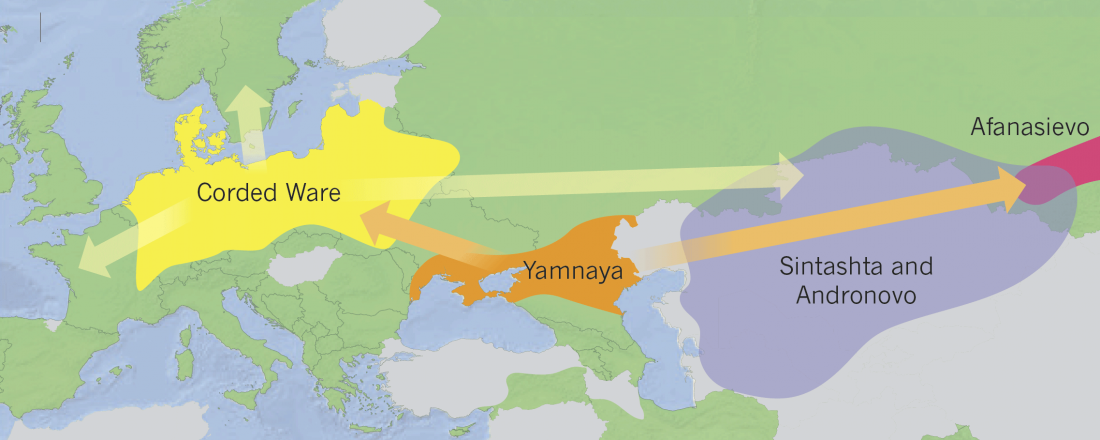News feature Divided by DNA: The uneasy relationship between archaeology and ancient genomics, Two fields in the midst of a technological revolution are struggling to reconcile their views of the past, by Ewen Callaway, Nature (2018) 555:573-576.
Interesting excerpts (emphasis mine):
… Read the rest “The uneasy relationship between Archaeology and Ancient Genomics”In duelling 2015 Nature papers6,7, the teams arrived at broadly similar conclusions: an influx of herders from the grassland steppes of present-day Russia and Ukraine — linked to Yamnaya cultural artefacts and practices such as pit burial mounds — had replaced much of the gene pool of central and Western Europe around

